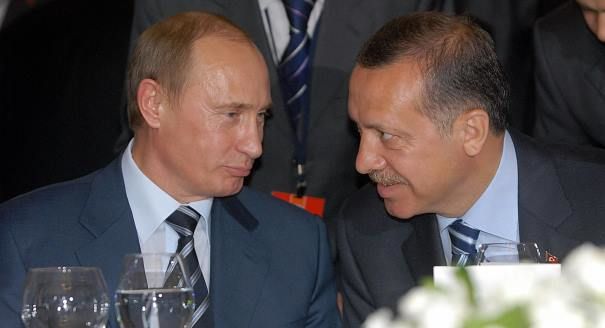The Russian protest wave of 2011–2012 has subsided. Turkey is still bubbling, but the Turkish regime for the time being has succeeded in its cracking down on the protest movement. What are the similarities and differences in these dramatic developments?
I would argue that the Russian awakening, as well as the Turkish protests and the recent Brazilian unrest, demonstrate the new phenomenon which could become the main challenge of the 21st century: democracy across the globe is retreating and the “old” democracies are experiencing systemic problems, while people’s drive for freedom and dignity is gaining strength. The latter phenomenon, however, is not based on particular ideology or structured by political opposition.
In fact, both the causes and nature of the Russian and Turkish protests, as well as the two regimes’ reactions to them, are strikingly similar. The protests are a product of ignoring civil rights and freedoms in the societies that have gotten used to taking certain freedoms for granted. Social and political groups of very different ideological stripes took to the streets, united by the protest against infringement on their dignity. Nevertheless, despite the criticism leveled at Putin and Erdogan, the protests in both countries are not threatening the principles that support the system and the state—yet.
The discontent spilled over to the streets points to the personalized power regimes’ inability to accommodate grievances and the lack of political channels for expressing them, i.e. the absence of trustworthy political parties, effective parliament, viable opposition, and independent media.
Both Putin’s and Erdogan’s reactions to the protests were identical—they both blamed “the extremist elements” for the unrest and tried to quell it by resorting to force. Both leaders turned to traditional values—specifically religion—to legitimate their policies. The regimes in such starkly different countries are rejected by very different segments of the population on moral grounds, while the democratic civilizational alternative to these regimes is weak or discredited.
True, the Russian case proves that while Putin’s regime is losing its ground and legitimacy, the majority of the society still prefers to wait and see—its demoralization and atomization has prevented massive unrest so far. The Turkish society, though polarized, has proved to be more vibrant, thanks to the dynamic, rebellious younger generation.
In any case, social and political awakening is becoming global. But its outcome depends on two factors: the ability of the political opposition to build an alternative to the authoritarian and quasi-authoritarian regimes and the ability of the developed democracies to overcome their current crisis.
